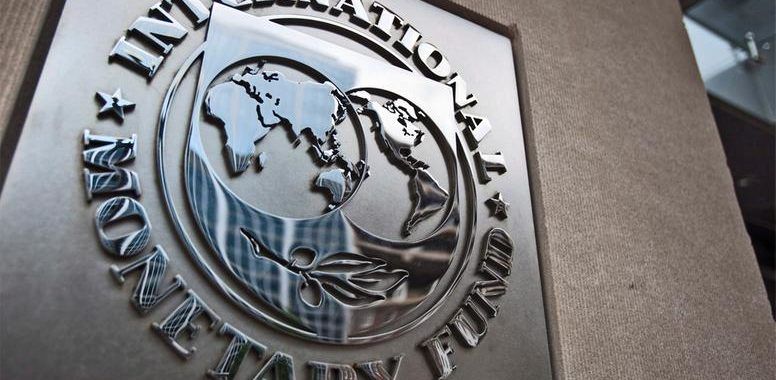Nigeria’s journey towards repaying its International Monetary Fund (IMF) Rapid Financing Instrument (RFI) loan, acquired in 2020 amidst the economic turmoil of the COVID-19 pandemic, is progressing steadily with full repayment projected by 2029. The $3.32 billion loan, disbursed to address urgent balance of payments needs stemming from plummeting oil prices and a subsequent recession, has seen significant repayments, leaving a remaining balance to be settled over the next five years. The repayment structure involves a larger principal payment in 2025, followed by primarily interest and charges payments in the subsequent years, culminating in a total repayment of approximately $590.78 million. This structured approach allows Nigeria to manage its repayment obligations while simultaneously navigating its ongoing economic recovery and development agenda.
The substantial repayments made in 2024, amounting to $1.63 billion in principal alone, significantly reduced Nigeria’s outstanding debt to the IMF, demonstrating the country’s commitment to honoring its financial obligations. This considerable reduction showcases a proactive approach to debt management, a crucial factor in maintaining positive relationships with international financial institutions and boosting investor confidence. While the IMF represented a significant portion of Nigeria’s external debt servicing in 2024, the proactive repayment strategy has already yielded positive results by lowering the overall outstanding balance. This strategic debt management is crucial for stabilizing the economy and freeing up resources for domestic development priorities.
The RFI loan, granted with minimal conditionalities compared to traditional IMF programs, offered Nigeria much-needed financial respite during a critical period. The swift disbursement and flexible terms allowed the government to address immediate economic challenges without being burdened by stringent reform requirements. However, the repayment obligation remains a key priority, and successful adherence to the repayment schedule without requiring refinancing or restructuring is a significant positive signal to international investors and development partners, reflecting Nigeria’s dedication to fiscal responsibility and economic stability.
Since obtaining the loan, Nigeria’s economic landscape has witnessed significant transformations, particularly under the current administration’s reform agenda. Key policy changes, including the unification of exchange rates, the removal of petrol subsidies, and enhanced revenue mobilization efforts, have aimed at bolstering fiscal buffers and attracting foreign investment. These reforms, while sometimes challenging in the short term, are crucial for creating a more sustainable and resilient economy. These structural adjustments are designed to address fundamental economic imbalances and create a more stable and investor-friendly environment, paving the way for long-term economic growth.
Early indications suggest a cautiously optimistic outlook for the Nigerian economy. Projections from institutions like the World Bank and the IMF point towards moderate economic growth in the coming years, although inflationary pressures remain a concern. Positive trends in external reserves, driven by resilient oil exports and remittance inflows, further contribute to the positive narrative. While challenges persist, the proactive approach to economic management and the initial positive responses to the reforms offer a glimmer of hope for sustained economic recovery.
Nigeria’s successful navigation of its IMF loan repayment schedule holds substantial implications for its economic future. Full repayment by 2029 would enhance the country’s creditworthiness, improve access to international capital markets, and bolster investor confidence. This positive trajectory, combined with ongoing economic reforms and favorable external factors, positions Nigeria for a stronger and more resilient economic future. While risks remain, the commitment to sound fiscal management and structural reforms provides a solid foundation for sustainable economic growth and development. The successful repayment of the IMF loan is a stepping stone towards a more prosperous and stable economic future for Nigeria. However, continuous monitoring of global economic conditions and potential domestic challenges is crucial to maintaining this positive trajectory.














